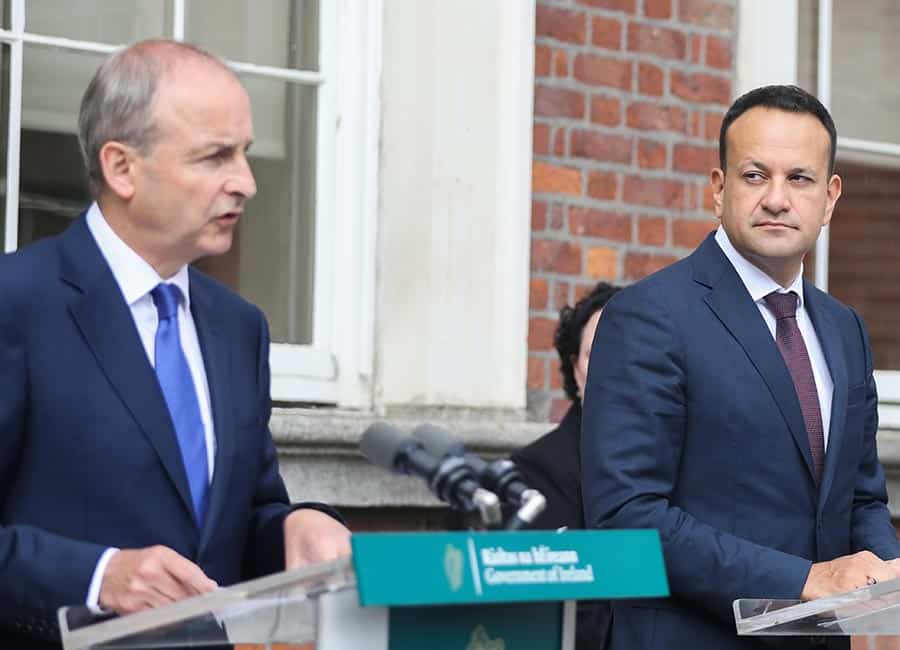Paschal Donohoe ignored advice from his officials who warned that rent tax credits would push up rents for those not living in rent pressure zones.
In the Budget, the Government introduced a tax credit of up to €500 per year for renters, at a cost of €200 million a year.
However correspondence shared with BusinessPlus.ie shows that Department of Finance officials raised concerns about the measures.
In one briefing note from August, on the effectiveness of property-based tax incentives, it said that in a "heavily imbalanced rental market" the "rational response" for a landlord following the introduction of relief for tenants would be to increase rents.
For tenants living in a rent pressure zone (RPZ) this is not possible beyond 2%, so this relief would act as a cash benefit for such people, the note said.
"However, in the case of new tenancies or those living outside an RPZ it is likely that landlords would increase rents to take advantage of the additional purchasing power of the tenant."
Officials warned that under such a scenario, and due to the data gaps in the official statistics for "rent inflation" which cover only new tenancies, the introduction of tenant relief could "worsen the official rate of rent inflation".
Some 75% of renters are within RPZs, meaning that the remaining one in four tenants who are outside RPZs are likely to see their rents increase due to the measure.
A spokesman for Pearse Doherty, Sinn Féin's finance spokesman, said the party had called for the introduction of a tax credit together with a ban on rent increases.
The Government has argued that introducing a ban on rent increases would lead to a decrease in housing supply.
Mr Doherty also pointed to remarks by Mr Donohoe earlier this year when he said the introduction of a tax credit for renters would "very likely" be a transfer of Exchequer funds directly to landlords, "which would not have the intended effects of reducing the cost pressures on tenants".

Government sources have also been claiming for some weeks now that Sinn Féin's tax credit proposal was under priced, at €302.9m, with sources saying it could be almost double that. When asked how it had arrived at this figure, a spokesman for Sinn Féin said its proposal was to introduce a refundable tax credit, equivalent to 8.3% of annual rent paid per tenancy, to a maximum of €1,500.
"To clarify, this relief is provided per tenancy, not per tenant. This refundable tax credit would not be available to those availing of social housing support, such as the Housing Assistance Payment, Rent Supplement and Rental Accommodation Scheme."
The spokesman said it based its figures on the most recent Private Tenancy Registration Statistics from the Residential Tenancies Board (RTB).
Subtracting those tenancies in receipt of social housing support would result in approximately 206,000 tenancies qualifying for the tax credit, he said.
The cost is then based on the average new rent provided by the RTB. He said the estimated cost is therefore likely to be an overestimation, given that existing rents are lower than new rents.
A spokesman for the Department of Housing said the two departments examined different scenarios for different options (including potential for a €1,500 credit). He called this "a routine and healthy approach to ensure robust decision-making".
He said that in the medium term increasing housing supply would reduce the pressure on rents.
A spokesman for the Department of Finance pointed to a debate on the Finance Bill last week between Mr Donohoe and Mr Doherty.
Mr Donohoe said he had changed his mind about rent credits because of the number of landlords who have left the sector and "because of the general rise in inflation that has made things worse for everybody, particularly tenants".











